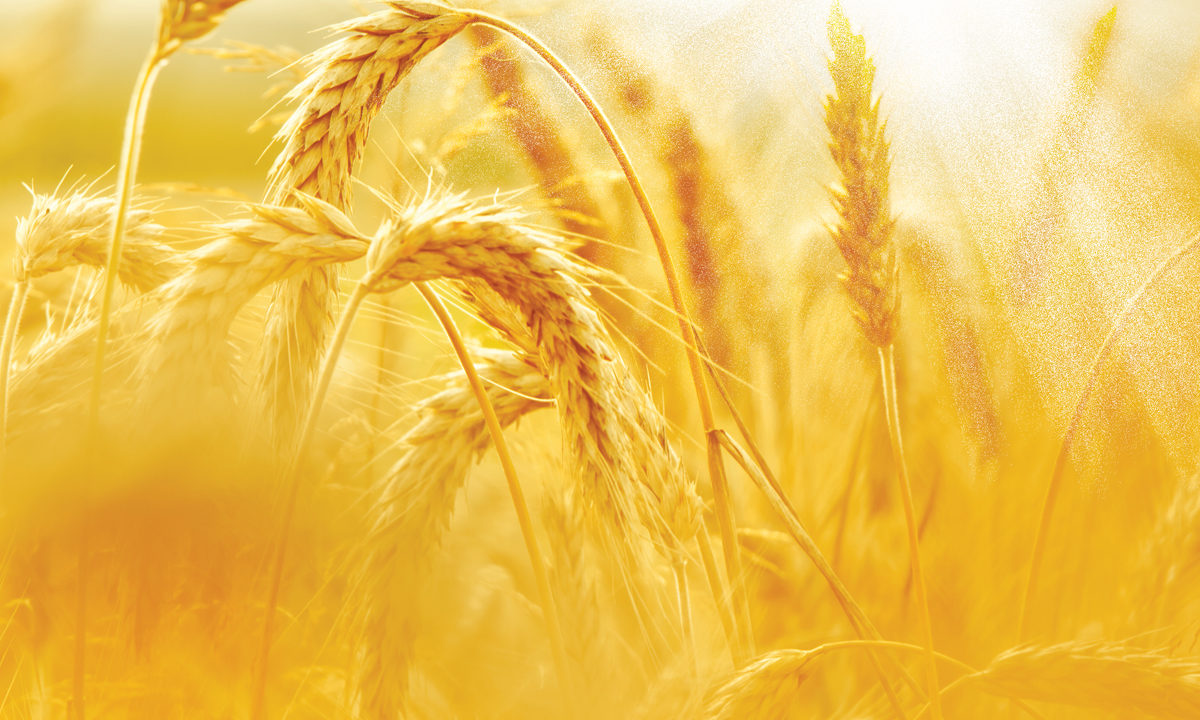Grain merchants should match the prices set by co-ops Tirlán and Dairygold, for grain and oats from harvest 2022, the Irish Farmers’ Association (IFA) has said.
Tirlán, formally known as Glanbia Co-op and Glanbia Ireland, has confirmed that it will pay over €100 million for quality grain from harvest 2022.
Meanwhile, Dairygold has announced that it will pay base prices (excluding VAT) of €302/t for barley, €312/t for wheat and €297/t for oats delivered in the 2022 harvest.
The Munster-based co-op said that the base price (excluding VAT) for contract malting barley will be €385/t.
IFA grain chairman Kieran McEvoy believes grain merchants should match the prices set by the two co-ops for harvest 2022.
“The base prices for feed wheat and barley are a fair reflection of where grain markets are currently trading. International markets softened during the summer, but they recovered throughout September,” he said.
“It’s good to see these recent developments have been factored into the final prices paid.”
The IFA grain chairman has urged merchants to bear in mind that while grain prices are approximately 30% higher than last year, costs have increased by a similar amount.
McEvoy also referenced the latest Teagasc Outlook report that he said suggests average tillage farm incomes are likely to be 10% lower than last year.
He added: “The substantial increase in grain prices is good to see, but every bit is needed to try to keep pace with escalating production costs.”
The IFA grain chairman believes that against the backdrop of the autumn planting season tillage farmers are facing an unprecedented level of uncertainty for harvest 2023.
McEvoy has pointed to fertiliser prices remaining at historic highs as concerns over supply continue.
The IFA grain chairman also highlighted that indicative grain futures prices for 2023 are likely to return lower than harvest 2022 prices.
Mc Evoy added: “It’s critical that the grain industry and tillage farmers work closely together in 2023. I would call on all buyers of grain to support tillage farmers where possible and ensure the supply of native grain does not drop back next year.”
